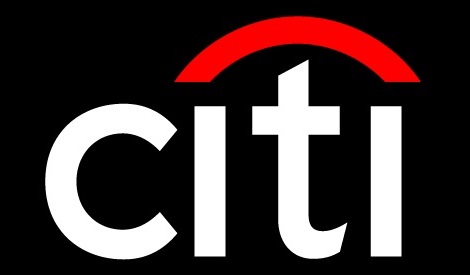Banking, finance, and taxes
Citi and Four Banks Rejected for Dividend and Buyback Hikes by Fed
Published:
Last Updated:
Citigroup Inc. (NYSE: C) is one of five banks which were not given approval for their proposed capital plans filed with the Federal Reserve. This means that the bank will still be limited on stock buybacks and on a dividend announcement.
Wednesday’s news was based upon the stress tests that were issued a week ago. The Federal Reserve is showing that Citi’s plan was rejected due to deficiencies in its capital planning practices. This includes Citi’s ability to project its revenues and losses and to adequately measure its financial exposure under very adverse conditions.
Citi and four other banks – Zions Bancorp (NASDAQ: ZION), Banco Santander (NYSE: SAN), HSBC Holdings PLC (NYSE: HSBC) for its North American operations, Royal Bank of Scotland PLC (NYSE: RBS) – will have to resubmit their plans with the Fed, and then they must get approval in writing from the Fed to increase buybacks and dividends. The foreign banks that failed will be restricted from paying higher dividends back to their parent companies.
Wednesday’s news is not to say that banks cannot pay dividends, but it does mean that they cannot increase them without written Federal Reserve approval. To show just how big of a disaster this is, Citi’s common stock dividend is a mere 0.1% – and even then it is a rounded up yield to get to that payout.
Bank stock investors are not going to be buying this in anticipation that any snapback dividend announcement is coming. Investors were expecting that the dividend would be forthcoming.
Citi’s plan was to boost its dividend to $0.05 per quarter from $0.01 per quarter, and to increase its $1.2 billion stock buyback plan to $6.4 billion through the first quarter of 2015.
Citigroup shares were down 0.3% at $50.16 as of the close on Wednesday, and the initial reaction took its stock down almost another 4% to $47.92 in the after-hours session. Citi’s 52-week range is $41.60 to $55.28, and the consensus analyst price target prior to the news was $59.90.
Start by taking a quick retirement quiz from SmartAsset that will match you with up to 3 financial advisors that serve your area and beyond in 5 minutes, or less.
Each advisor has been vetted by SmartAsset and is held to a fiduciary standard to act in your best interests.
Here’s how it works:
1. Answer SmartAsset advisor match quiz
2. Review your pre-screened matches at your leisure. Check out the advisors’ profiles.
3. Speak with advisors at no cost to you. Have an introductory call on the phone or introduction in person and choose whom to work with in the future
Thank you for reading! Have some feedback for us?
Contact the 24/7 Wall St. editorial team.